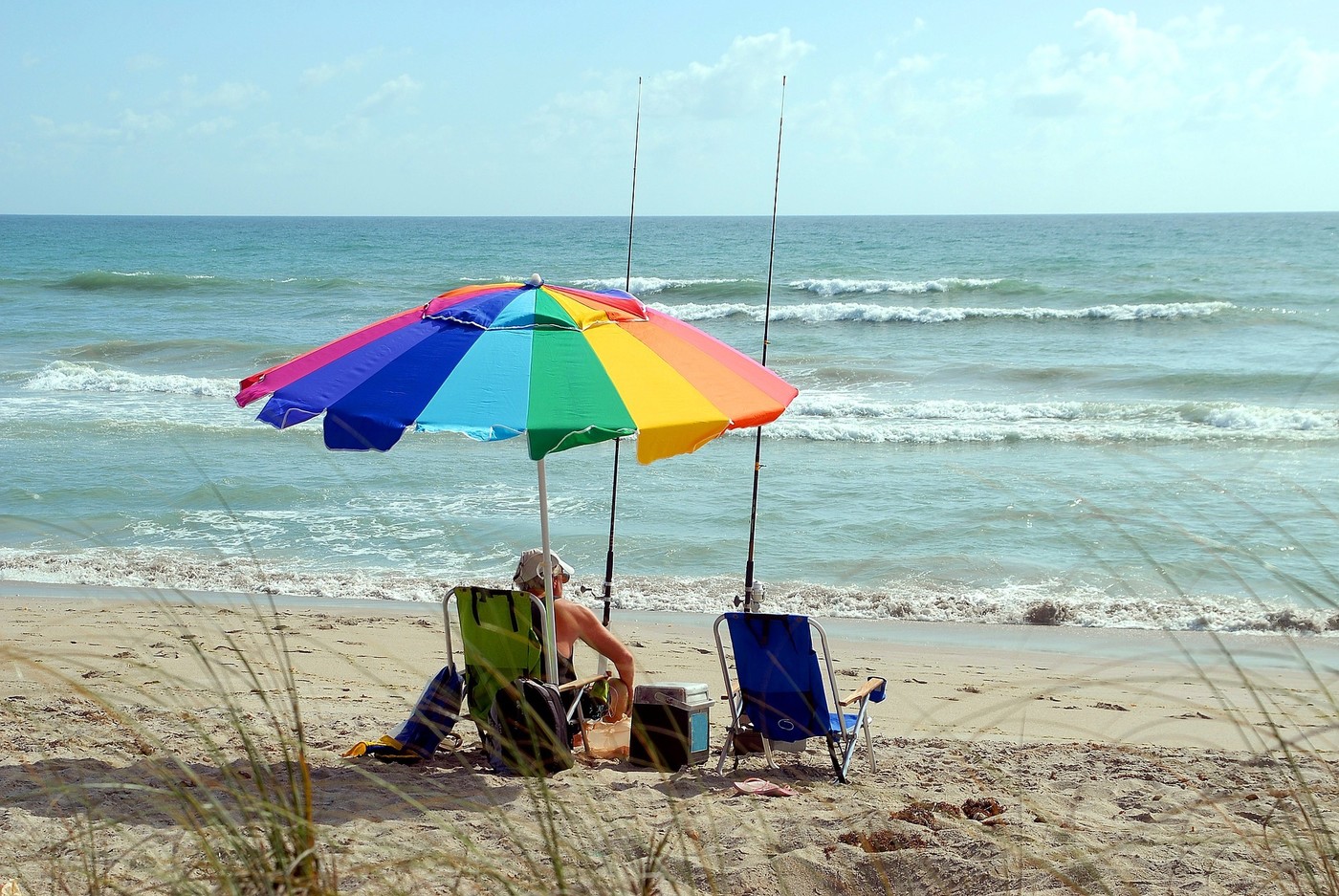Getting started with New Zealand superannuation

Here’s a brief introduction to NZ Super, to help you plan ahead as you approach the age of 65. To avoid information overload, this article doesn’t cover everyone’s situation, just the main things that apply to most people.
Who is eligible for NZ Super?
Anyone who is 65 or over and a New Zealand citizen, permanent resident or residence visa holder may be eligible. You just need to be ‘ordinarily resident’ in New Zealand, the Cook Islands, Niue or Tokelau; have lived in New Zealand for at least 10 years since you turned 20; and lived in New Zealand or the above countries for five years since you turned 50.
You can still be working and NZ Super doesn’t depend on your income or the assets you own.
From 9 November 2020 you can no longer include your partner in your application; they’ll need to apply separately when they’re eligible.
How much do you get on NZ Super?
This will depend on whether you’re single or in a relationship, whether you live with other people or if your partner is included in your super. It will also be affected by any overseas pension or benefit you might receive.
From 9 November 2020 if your partner receives an overseas pension, it will no longer effect your super payment.
NZ Super payments are taxed, so the amount you receive will also depend on your tax rate.
NZ Super rates
To ensure their real value is maintained, new rates are set on 1 April each year in line with the consumer price index. To get the latest rates for either a single person or couple please refer to the Work and Income website.
Winter energy payment
Everyone who gets NZ Super also receives a non-taxable winter energy payment from 1 May to 1 October.To find out what the latest winter energy payment rates are go to the Work and Income website.
If you travel overseas for more than 28 days during this winter period you must let the Ministry of Social Development (MSD) know, so they can adjust your payment.
How do you apply?
You can apply up to 12 weeks before your 65th birthday. It can take a while for things to get processed, so be sure to apply at least a month in advance. Here’s a taste of the main steps if you have an email address and phone number, and you’re living in New Zealand:
- If you don’t already have an MSD client number, request one using a short online form or call 0800 559 009 and say ‘client number’ to get one
- Register for the MyMSD platform online using your client number, then log in
- Fill out the online application – you can do it all at once or save as you go. You’ll need your IRD number, tax code and bank account details. If you were born overseas, lived overseas or travelled abroad for four weeks or more at a time, you’ll need those details as well
- Follow the next steps for your circumstances, including what supporting documents you need to provide to MSD, either online or in person at an MSD office
- Wait for confirmation that MSD has completed processing your application
If you can’t apply online, you can call MSD and they’ll help you through the paper and in-person application process. If they’re particularly busy, as they have been through the Covid-19 outbreak, you may encounter long wait times to get through – so make yourself a cuppa.
How do you get a SuperGold Card?
A SuperGold card is automatically sent to you shortly after your NZ Super begins. It gives you all sorts of discounts from businesses and services, plus free off-peak travel in many regions.
What happens to your NZ Super if you travel overseas?
While you’re getting NZ Super you are required to let MSD know if things change. This includes travelling overseas for more than 26 weeks. Depending on which countries you are travelling to, and how long you’ve been living in New Zealand, you may still be eligible for your full NZ Super payments, however you must apply at least six weeks before you leave.
Other MSD payments - such as the winter energy payments, disability allowance, accommodation supplement and family tax credit - will not continue. But if you’re travelling for 26 weeks or less, they can continue for 28 days, so you still need to contact MSD about these payments if you’re travelling for more than 28 days.
What if your circumstances change?
Apart from overseas travel and obvious things like a change of address, contact details, bank account number or tax code, there are other changes you must let MSD know about. That’s because the changes might reduce or increase the payments you are eligible for.
For example, you must let MSD know if:
- Your living situation changes, including relationship status and whether you’re living alone
- You’re admitted to or discharged from hospital
- You intend to live overseas
- You become eligible for an overseas benefit or pension
- You’re imprisoned or held in custody
It basically means letting MSD know about anything that might affect your NZ Super rate or entitlement, so things can be promptly adjusted. You don’t want to get caught out and have to repay a large sum later on, or find yourself fined and on the wrong side of the law.
What if you need more to live on?
There’s a lot more to MSD than employment support and NZ Super. If you’re getting NZ Super and struggling to make ends meet, can’t afford essential care or face an unexpected financial hurdle, there are many ways MSD may be able to help. The dedicated Senior Service people at MSD are there to help New Zealanders be ‘happy, healthy and valued’ as they age.
To learn more, visit the senior services section of MSD’s Work and Income website..
